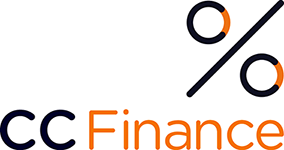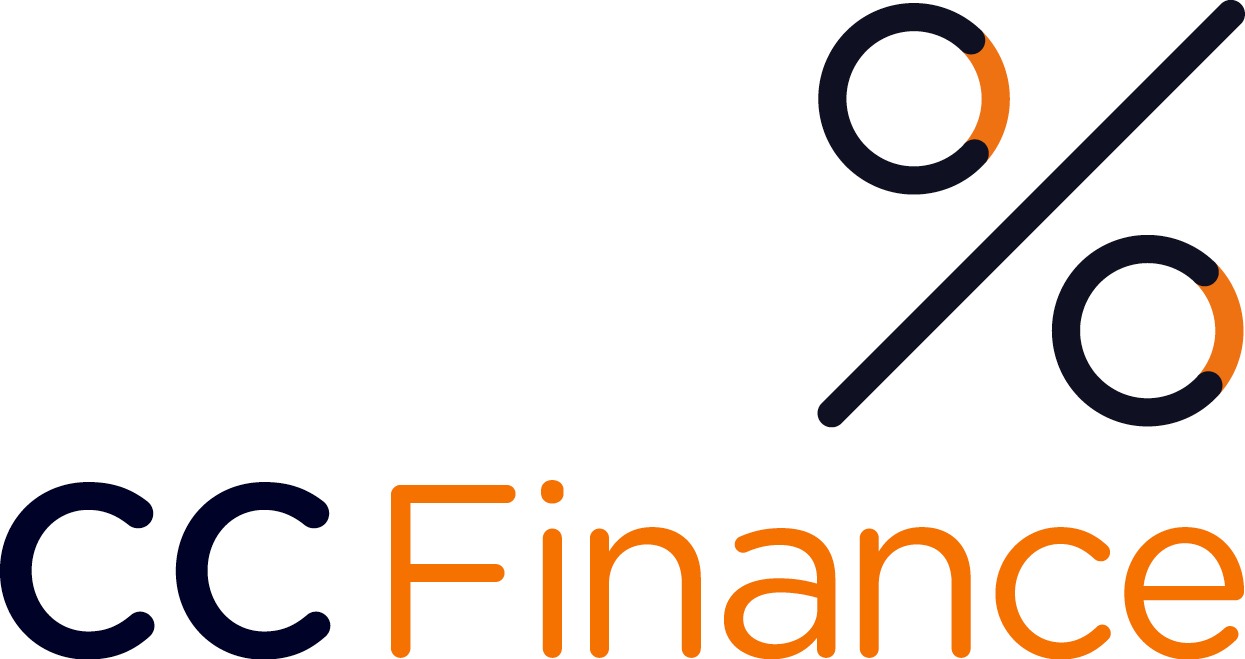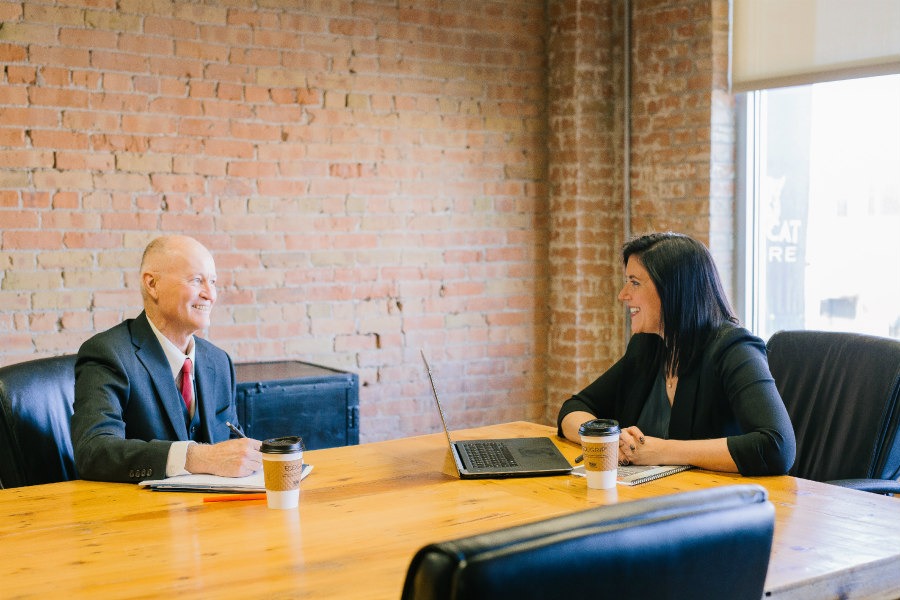Before applying for commercial finance, measure your business’ financial fitness against general lending criteria. Not only will you get a better idea about the type of finance to raise but also whether to approach a high street bank or an alternative lender. As a matter of fact, lenders from each tier display different risk appetites. Because each sets up their own red and green flags, getting to know their lending thresholds is key. To arrange commercial finance or a buy to let mortgage watch out for these top lending criteria.
Lending Criteria for Commercial Loans
What should you go for – secured or unsecured loans? When taking out a business loan solid businesses are more likely to get unsecured loans. Though high street banks generally prefer secured lending. In general, expect a high street lender to take a floating charge/debenture or a Personal Guarantee as part of their lending criteria. Certainly, tier 1 lenders prefer debtor book lending or invoice finance to providing overdrafts. This form of secured lending won’t affect the pots of money banks need to set aside to cover their liquidity ratios.
Those businesses that are on shakier ground will need to show security to their lenders in the form of property or assets. Overall, the financially stronger your business, the better interest rates you can expect. That doesn’t mean that a profitable business automatically qualifies: Unless shareholders leave substantial value in the company lenders won’t care much about profits.
Similar to personal loan lending criteria, commercial lenders will take your own credit history and business experience into account, as well as your company’s trading history and how you intend to use the loan.
Lending Criteria for Commercial Mortgages
Although the lending market is still alive lenders have lowered their loan-to-value threshold and have become more selective: When buying a business premise that you as a business will occupy or when buying the premises you are already trading from expect to be able to borrow between 55 and 70% of the sale price. If you are looking to pay interest only, loans of up to 60% of the Vacant Possession value are generally available.
Most importantly, the cash deposit needs to come from your own savings or monies raised externally against your own individual assets, and gifts. In general, most lenders won’t accept bounce back loans or personal loans as a deposit.
Depending on your industry, lenders are more or less likely to open their doors: If the target asset happens to be in an industry that has benefitted from Covid19, for example a large convenience store or a manfucturer of PPE equipment, lenders will act more confidently.
In the current economic environment some lenders have tightened their serviceability requirements for commercial owner occupier mortgages: For businesses, the adjusted EBITDA continues to be a major benchmark for commercial (owner occupier) loans. However, many tier 1 lenders now want borrowers to be able to cover their businesses’ EBITDA twice on annual repayments. Some banks have actually increased the pay rate at 6.5%, whereas the actual pay rate will be nearer 4%.
Semi Commercial Mortgages
Especially for investment purposes, taking out a mortgage for a semi-commercial premise continues to be difficult. Unless you are an experienced landlord and already own a residential or mixed portfolio the majority of lenders will show little support. How much is the maximum loan you can take out for a semi-commercial mortgage? In the current environment, expect a maximum of 70% LTV, in a few cases up to 75% LTV.
To further showcase the financial viability of your purchase to commercial lenders, make sure the target property generates income from day 1. Alternatively, you may choose to have a tenant and brand new lease ready from the day of completion of the mortgage.
If you want to refinance the property to raise capital some lenders are likely to only provide 50 to 60% LTV. In any case, the purpose of the refinance and what the monies will be used for also play a role in some lenders’ decision making. To go even further, some lenders will wish to retain the capital raise until the borrower has secured a viable project: For example, if £200k of a £500k commercial mortgage were to be used to buy a property, some lenders may only forward £300k to the borrower in the first phase, and wait until he has found a specific target property. Those monies entrusted for a specific purpose would be available for a maximum period of 12 months.
Lending Criteria for Buy To Let
Whereas residential mortgage lenders focus on their borrowers’ personal incomes, a buy-to-let (BTL) lender sets the property’s rental income as one of the key lending criteria. In fact, to ensure a landlord can afford to repay interest on a buy-to-let mortgage, all BTL lenders have to apply stress tests. The interest cover ratio used is mostly 5.5% and determines the ability to repay interest on a mortgage. As for the rental income, you will need to use a higher figure than just 100% to prove you can service your mortgage. To account for rental voids and build a safety cushion, most lenders will use a rate of 145% when stress testing your mortgage application.
For example, assume you take out a £150k mortgage for a £250k property. Apply a 5.5% interest cover ratio, which brings the monthly interest payments on the BTL mortgage to £687.50 (150,000 x 5.5% = 8250 / 12 months = 687.50). When you factor in the notional rate for the assumed rental income of 145% for stress testing that brings the real monthly cost to £997.
Other key lending criteria that banks, specialist and commercial lenders will look for at varying degrees: your experience as a landlord, your income, your credit history, your age, your employment status and time left until retirement, other mortgages and loans you currently serve.
Raising Finance During Covid
Because Covid19 restrictions have impacted so many businesses, lenders will want to understand your specific business situation: To what extent has the pandemic affected your business, and what measures did you take to safeguard the business? Have you accepted any form of government help like CBILS and Bounce Back Loans? In many cases, banks, specialist and alternative lenders will run through a catalogue of Covid related questions in order to properly assess each borrowing case.
If you are a landlord and have taken a mortgage payment holiday, have rents in arrears or rental voids as a result of Covid19, make sure you inform lenders upfront.
Which Lenders Are Active?
To obtain up-to-date indicative rates from those lenders still active in the market, email or call us.
NOTE: This post does not constitute financial advice. Please contact us to discuss your specific fund raising requirements.



